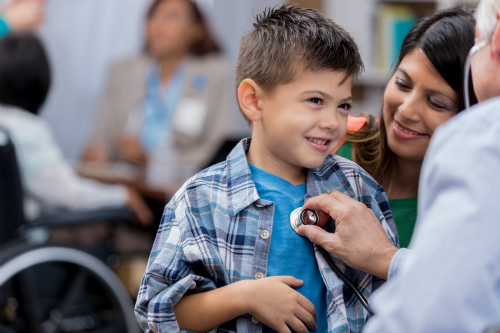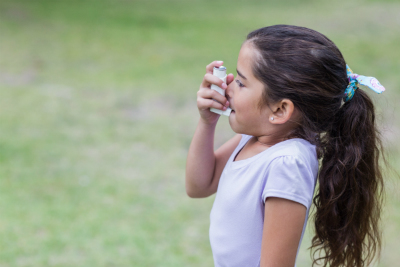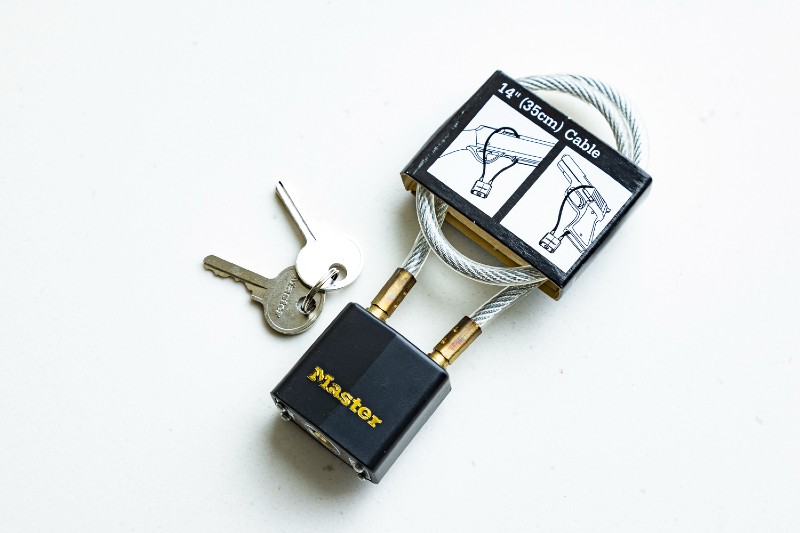Children's Memorial Hermann put together a Kids Health & Safety Guide filled with patient stories, parenting tips, and advice from our affiliated physicians from McGovern Medical School at The University of Texas Health Science Center at Houston (UTHealth). Peruse the guide for topics such as general health and safety, breathing issues - including asthma, child development and milestones, what to consider an emergency, eye and ear concerns, heart concerns, nutrition, sleep, tips for expecting parents and much more.

General Health and Safety Guide
Find articles about symptoms to never ignore, clean hands, debunking medical myths, effects of over-prescription, shots and Halloween safety.
Read Articles
Breathing Issues
According to a recent report, 96,000 Harris County children have been diagnosed with asthma. Nationwide, the disease is responsible for a third of hospital admissions among children.
Read Article
Child Development
Find articles about technology, kindergarten, potty time, back to school and development.
Read Articles
Emergency Medicine
Find articles about reasons for child ER visits, when to take your child to the ER and why to choose a pediatric ER.
Read Articles

Nutrition
Find articles about key nutrition tips for kids of all ages and type 2 diabetes in kids on the rise.
Read Articles
Safety Outdoors
Find articles about ATVs, concussions, raising an athlete, heat safety, sunburns and water safety tips.
Read Articles
Sleep Concerns
Find articles about childhood sleep dilemmas and sleep apnea in children.
Read Articles
Contact Us
To contact Children's Memorial Hermann Hospital, please fill out the form below.